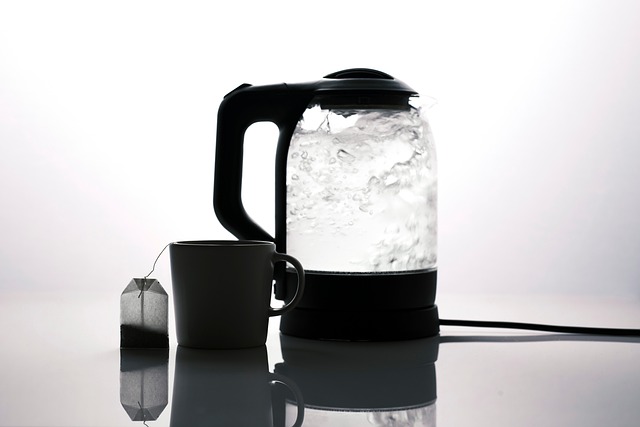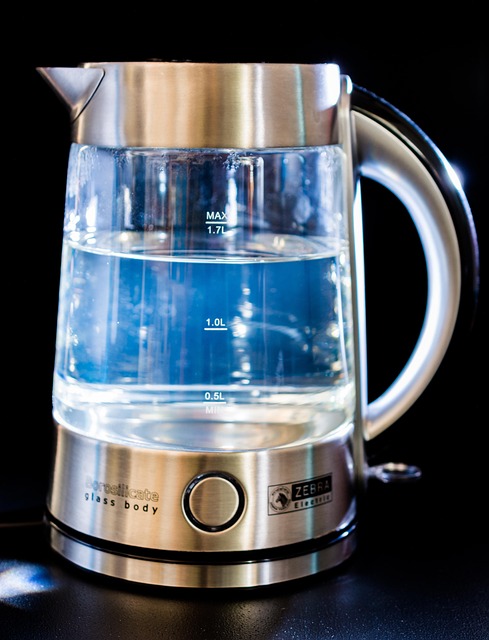Unusual noises (banging, clicking, rumbling) and visible leaks around your water heater are warning signs of potential failure. These symptoms point to issues like sediment buildup, faulty components, or temperature control problems, which can increase energy bills and cause further damage if left unattended. Recognizing these "Signs You Need a New Water Heater" early is crucial for preventing unexpected breakdowns, ensuring efficient heating performance, and avoiding disruptions to your home's hot water supply.
Are you tired of unpredictable hot water? Pay close attention to these top warning signs of a water heater failure: unusual noises and leaks, inconsistent hot water pressure, and an old, inefficient unit. These red flags can indicate anything from minor repairs to the need for a complete water heater replacement. Don’t ignore them! Understanding these signs you need a new water heater allows for proactive maintenance, preventing costly breakdowns and ensuring a reliable hot water supply. Let’s explore each symptom in detail.
- Unusual Noises and Leaks
- – Identifying strange sounds coming from the water heater
- – Investigating leaks around the tank and connections
Unusual Noises and Leaks

Unusual noises and leaks are among the most obvious signs that your water heater may be failing. If you notice banging, rumbling, or hissing sounds coming from your water heater, it could indicate that pressure is building up inside the tank due to sediment buildup or a faulty dip tube. These noises might also suggest a problem with the heating element or the temperature control valve. Additionally, any visible leaks, especially around the base of the heater or at connections, are a clear warning sign that something is amiss. Over time, these issues can lead to more severe damage and increased energy bills, making it crucial to address them promptly. Recognizing these signs early on is essential when considering whether it’s time for a new water heater—a necessary upgrade to ensure your home remains supplied with hot water safely and efficiently.
– Identifying strange sounds coming from the water heater

If your water heater is starting to show its age, one of the first unusual things you might notice is abnormal sounds coming from it. Strange noises can be a clear indicator that something is amiss inside the tank or with its components. You may hear banging, clicking, rumbling, or hissing sounds, which are often signs of sediment buildup, loose parts, or malfunctioning heating elements. These noises can point to serious issues like element failure, pressure buildup, or even water leakage.
When your water heater makes unusual noises, it’s a warning sign that you shouldn’t ignore. It could mean that the tank is overworking, which not only increases energy bills but also puts a strain on the appliance. As a result, these sounds can be an early indication of a potential failure or the need for a new water heater.
– Investigating leaks around the tank and connections

Leaks are often one of the first and most obvious signs that your water heater is on its way out. When investigating potential water heater issues, start by checking for any leaks around the tank, pipes, and connections. Even a small drip can indicate a failing valve or seal, leading to more significant problems down the line. These leaks might go unnoticed at first, but over time, they can result in substantial water waste and even damage to your flooring or walls if left unchecked.
If you notice persistent leaks or suspect an issue based on other signs, it’s crucial to act promptly. Ignoring these warning signs could lead to a total tank failure, leaving you without hot water until a new heater is installed. Regular maintenance and early intervention are key to preventing such disruptions in your home.
If you’ve noticed unusual noises, leaks, or other red flags, it’s crucial to address them promptly. Ignoring these signs could lead to more severe damage and costly repairs. Recognizing the symptoms of a water heater failure is essential in determining whether it’s time to replace your old unit with a new, energy-efficient model. Don’t let unexpected disruptions affect your daily routine; take action now to ensure a hot water supply without hassle.
